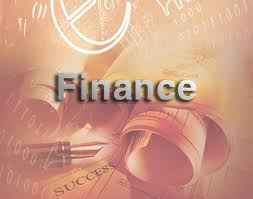| Corporate finance course | Why merge ? |
 |
| The pure market economy is theoritically superior to any other kind of economic structure (state intervention, monopolies, oligopolies…) thanks to decreasing returns of scale. What we observe is the contrary: BP+Amoco, Deutsche Bank-Citycorp, Exxon-Mobil, Hoescht-Rhone-PoulencGain when 2 firms are worth more than 1+1: - to diversify: but in finance we learn that it does not increase the value of a business, knowing that individual investors can diversify. - lower financing costs: (cheaper when we are big, easier access to financial markets) - economies of scale (horizontal mergers ; eg. French firms don’t have yet a European size), - vertical integration (but it is questionable. M. Porter recommands firms to specialize and sub-contract ), - improved efficiency (then the consequence is more likely to be a take-over than a merger, e.g. Bernard Tapie’s way), - fuller use of tax shields, combination of complementary resources (ie. R&D), - redeployment of surplus funds (growth can be internal but also external/strategic investments). Acquisition >> |
|
Corporate finance PART ONE: CAPITAL EXPENDITURE PART TWO. BASICS OF FINANCE PART THREE FINANCING DECISIONS PART FOUR FINANCIAL MANAGEMENT Course created and updated by Dr David Chelly, PhD in Management sciences from the University of Tours.
|